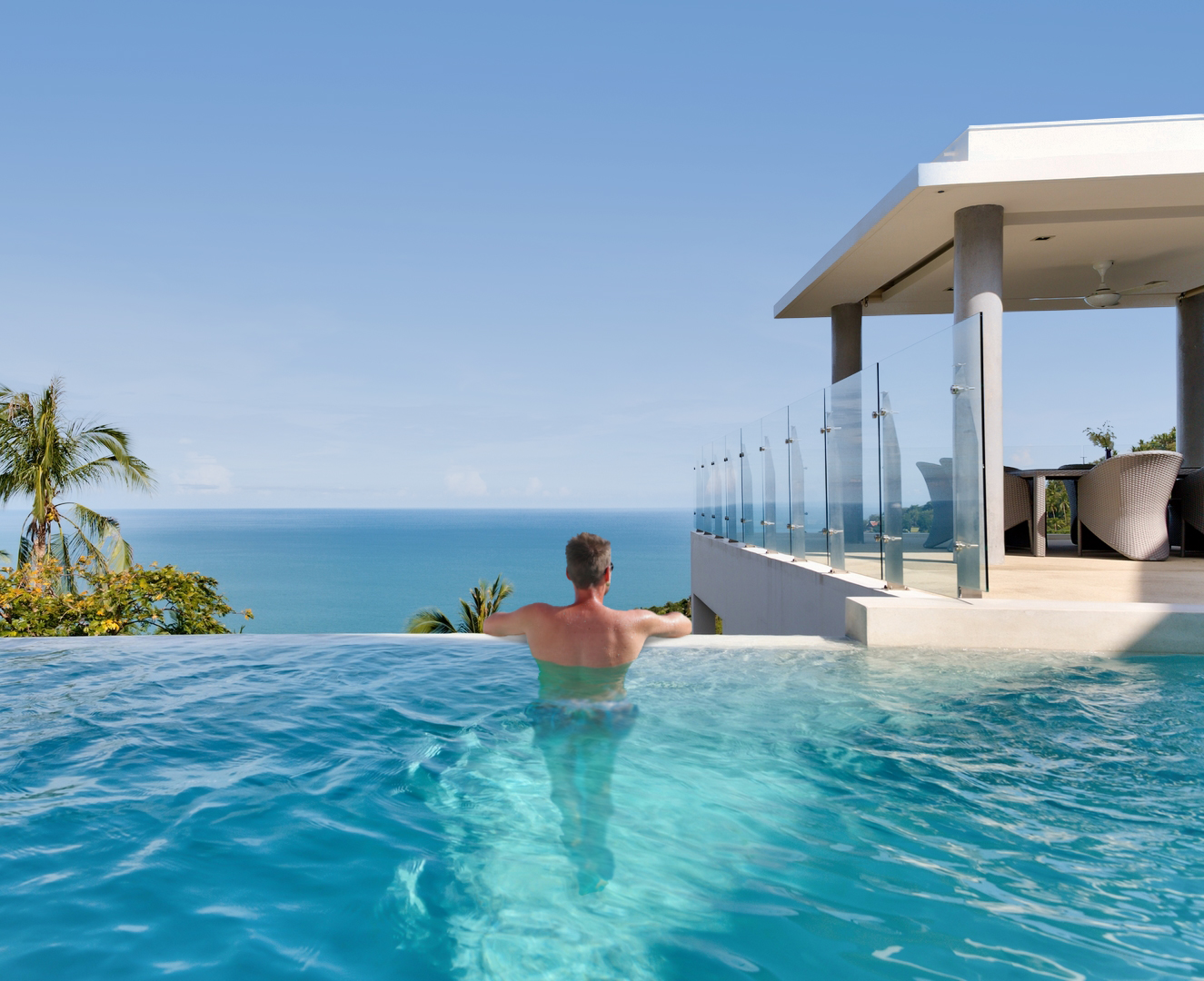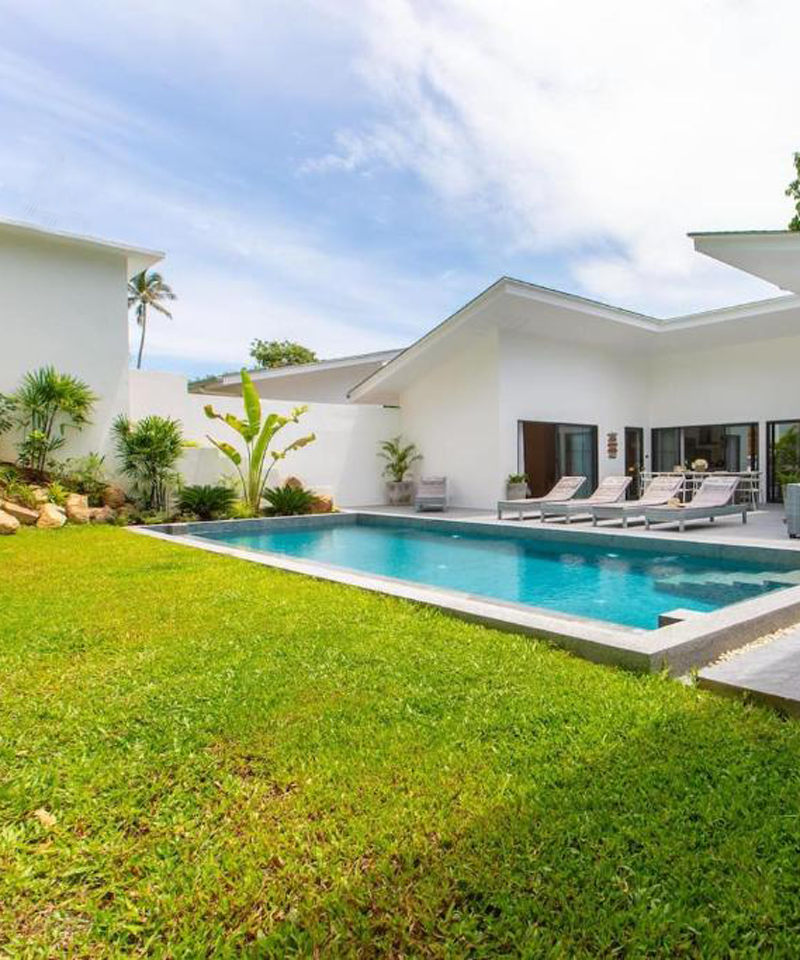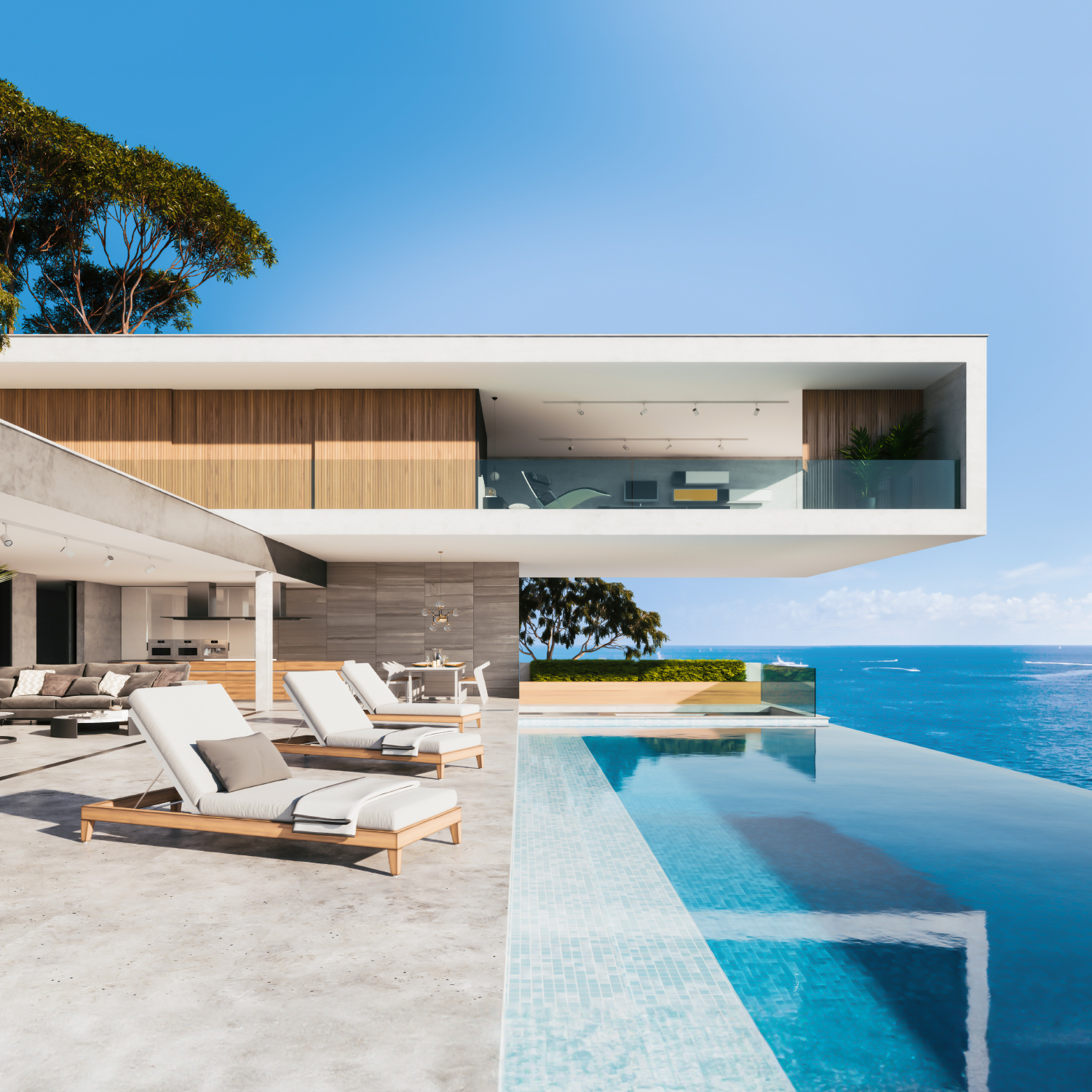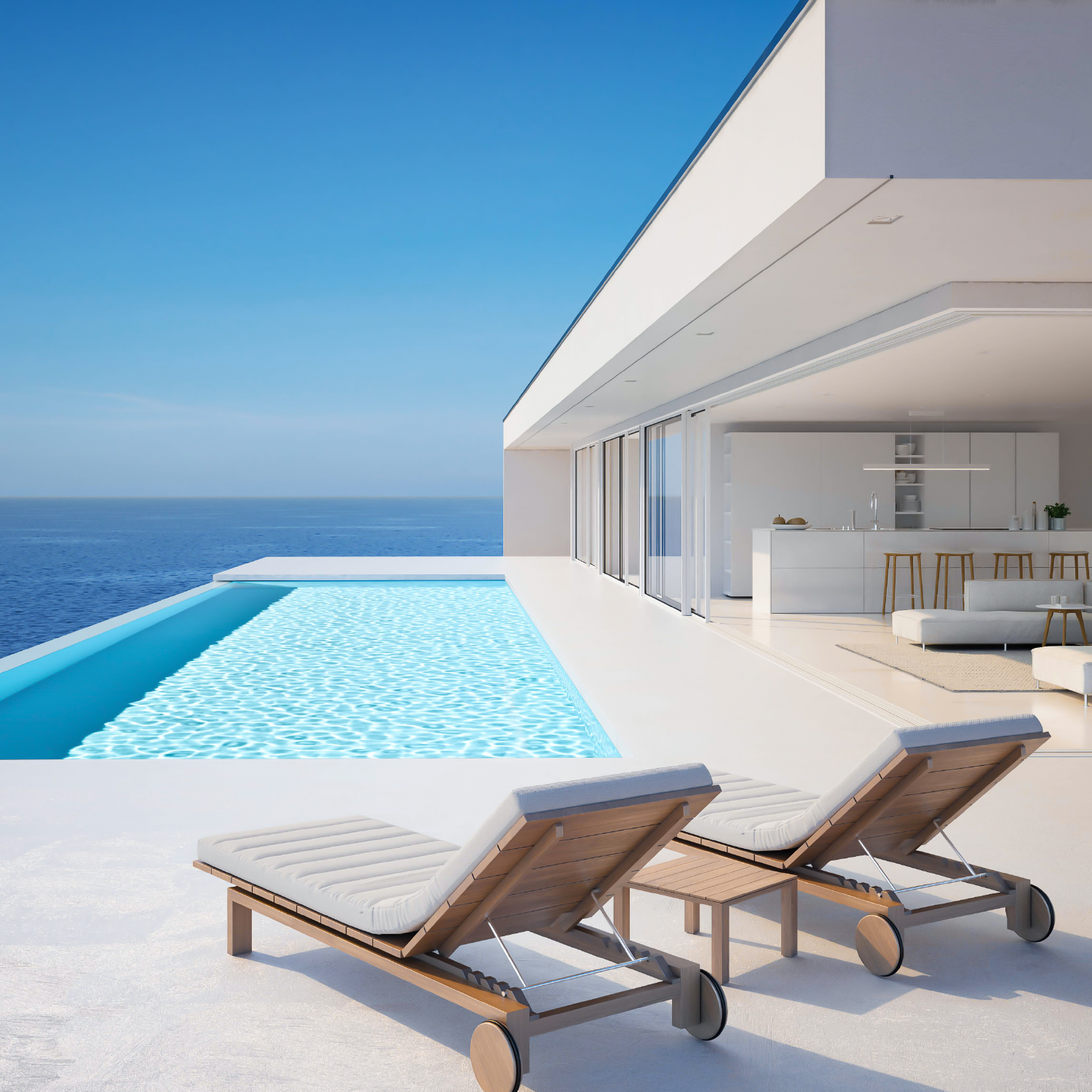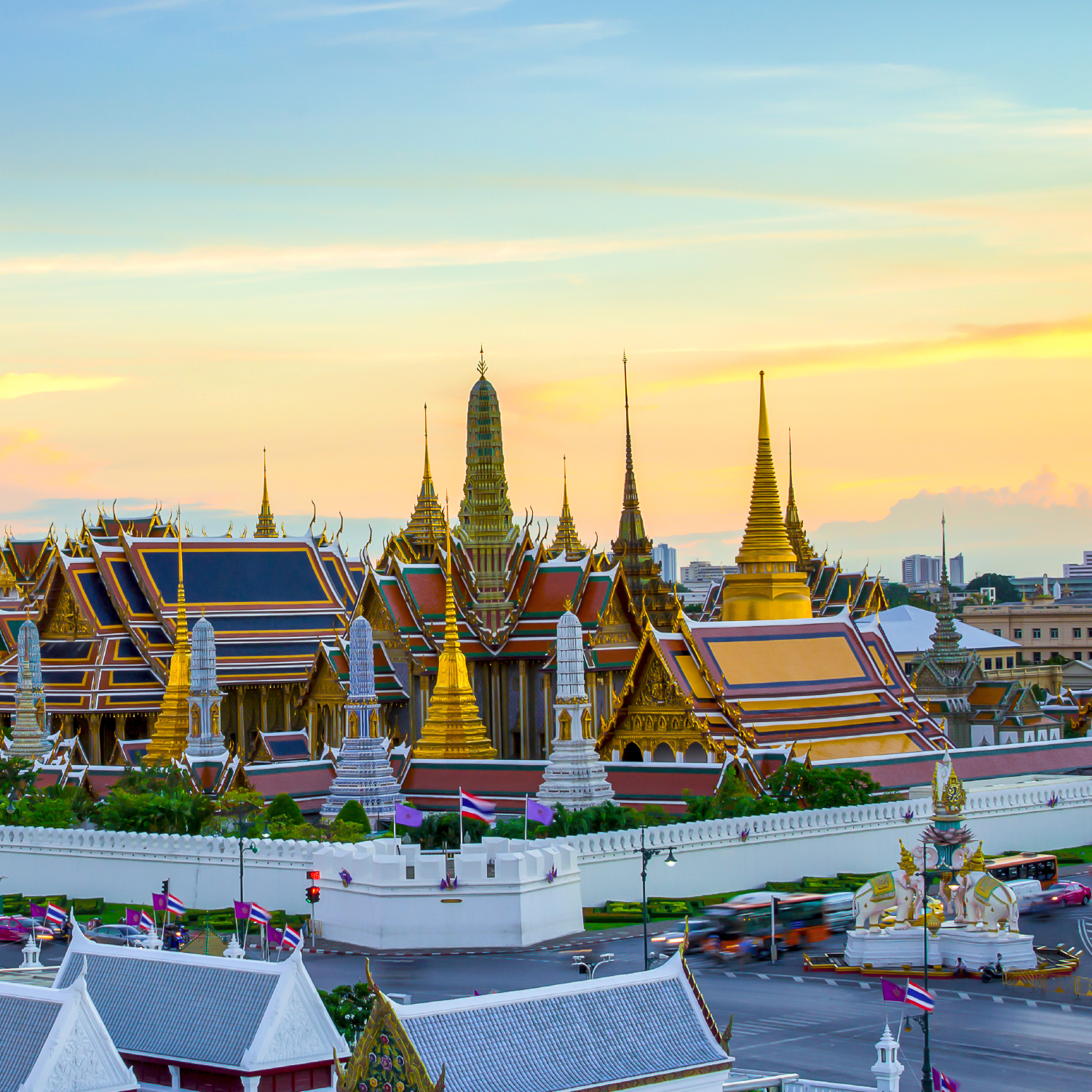Thailand has been a popular tourist destination with its stunning beaches, rich culture, and inviting weather. No wonder it is a hot favorite for foreigners who want to invest in pool villas in Thailand close to the beach.
However, buying a property such as private pool villas in Thailand needs some careful considerations. Presently, Foreign Freehold and Leasehold Ownerships are the most common and legal ways that facilitate foreigners to buy a house in Thailand.
Both the options have their own advantages and disadvantages that should be carefully studied before deciding which one suits your property needs better. To get a better understanding let’s look at both the ownership options in detail.
Freehold Ownership
Freehold Property can be defined as a property investment that is free from the hold of any entity besides the owner and the owner enjoys free ownership for perpetuity while using the land for any purpose in accordance with the local regulations.
Although Thai laws forbid a foreigner from owning land in Thailand, there is a method by which foreign investors can rightfully own a built structure in Thailand. This process entails establishing a Thai Limited Company where freehold ownership is authorized to the other shareholders on the foreign buyer’s behalf. The buyer simply needs to employ a lawyer, who then appoints the buyer as a Managing Director of the company as a 49% shareholder of the company, with the remaining shares being held by two Thai shareholders who are not associated with one another.
This assures complete authority of the buyer over the company and decisions such as replacing the shareholders, developing, selling, leasing, or transferring the property at any given time that they wish to, is completely at their discretion, giving them full-proof safety and rightful ownership of the property.
Pros and Cons of Freehold Ownership in Property Investment
Pros:
-Investors can own the property in their name.
-Freehold properties are more desirable in the resale market.
-The owner can sell, mortgage, or pass the property onto heirs.
-You can exercise your voting right at the general meetings as an owner.
Cons:
-Freehold properties are generally higher in the price for foreign investors.
-The transfer fees and taxes for freehold properties are higher than leasehold at the Land Office.
Leasehold Ownership
A leasehold is a form of property acquisition through which buyers obtain a lease from the owner of the land, for a specific number of years.
Under the leasehold title, the buyer is granted an initial lease term of 30 years for the property. As per Thai law, a leasehold agreement can be renewed two times, for a period of 30 years each, to a cumulative term of a maximum of 90 years for the buyer.
The leases cannot be inherited and are terminated upon the death of the lessee, according to Thai law, however, if the original lease contract states that the said contract will be inherited by any heir, it is possible to transfer the lease agreement as an inheritance. This form of ownership is popular because it proves to be more cost-effective in most cases.
Pros and Cons of Leasehold in Property Investment
Pros:
-Foreigners get a variety of property options to choose from such as exclusive pool villas in Thailand, standalone houses, or townhouses.
-Since the leaseholder is a temporary possessor of the property, he is not solely responsible for the maintenance and preservation of the property.
-An option of renewing the previous arrangement after the previous contract has expired is given to the leaseholder, therefore there is the freedom to pursue alternative arrangements for the best benefits.
-The price of a leasehold property can be about 10 to 15% lower than a foreign freehold unit. It is also cheaper to register the leasehold than to transfer the freehold ownership at the Land Office.
Cons:
-The property lease is for a limited length of time.
-Rental tax at a rate of 12.5% has to be paid over the yearly lease price every year. A registration fee of 1% is also to be paid.
-Leaseholders do not have the right to vote at the general meetings.
-The pre-agreed criteria of renewals, suggesting a longer-term than 30 years are not enforceable by legal action under Thai law.
In Conclusion
Both the types of ownership serve different purposes and requirements hence it depends on what you are exactly looking for. Usually, people prefer freehold ownership because it gives them assurance of holding the ownership title. As for the leasehold property, the 30-year lease that can be renewed twice, for a period of 90 years in total of ‘leased ownership’ is enough and saves the owner from paying the freehold premium fees. Hence, the type of ownership you choose is really as per your individual needs and preferences.
We at SKHAI are a customer-focused company that understands your concerns as a foreigner while making a property investment and therefore we provide superior products with services and solutions to help you securely own a profitable investment that is hassle-free. Contact our team to know how you can safely invest in lucrative properties and to explore exciting Phuket pool villa investment opportunities and pool villa property investment in Koh Samui.



